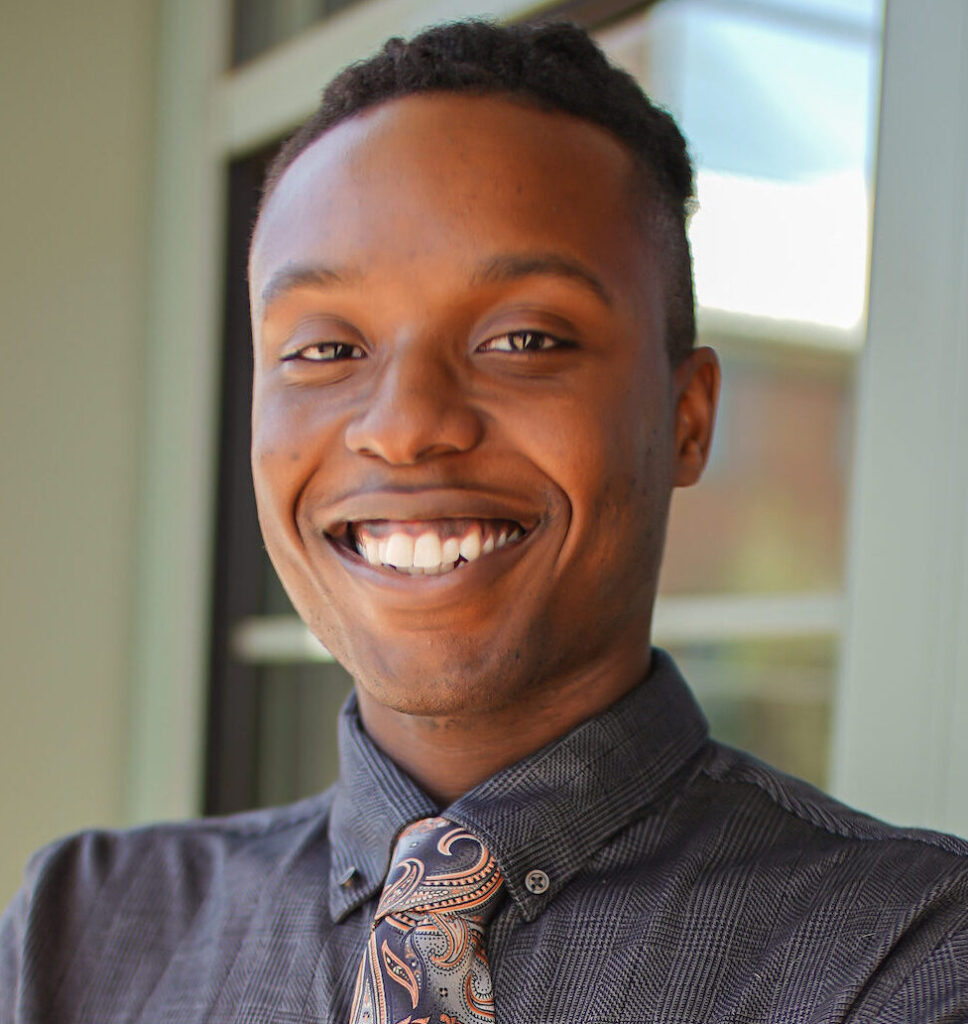
By Miles Iton
The life of an artist requires a special kind of freedom, flexibility, and spontaneity that may seem incompatible with the commitment of a fellowship. This misconception makes it easy for new graduates or career transitioners in this category to fall into the ‘starving artist’ stereotype as they start their first major works. Contrary to popular belief, however, this does not have to be a necessary phase before finding success in the arts. In my experience, fellowships can offer professional development and economic sustainability while building towards a dream gig. If you are an artist pondering your next step, consider the following tips to help you find a fellowship as unique as your talents.
1. Find Those ‘Institutional Patrons’
Every artist needs their patrons: person(s) who value an artist’s productions so much that they are willing to make financial contributions to them. While we often conceive of ‘patrons’ as individuals of great wealth, it is not uncommon to find grantmaking institutions seeking to fund mission-aligned artists. Some Fellowships can serve as accessible gateways to this type of funding; many are willing to award funds to projects whose goals are similar to the organization’s. This can include municipality based grants such as the Walter Feldman Fellowship for Emerging Artists from the Arts & Business Council of Greater Boston, interest or identity based grants such as LIFT – Early Career Support for Native Artists from the Native Arts & Culture Foundation, and even international prizes such as the We Are Family Foundation’s Youth to the Front Fund.
2. Build Bridges with Your Transferable Skills
Did you know that Fulbright hosts more than degree seekers and teachers? Grantees have taken advantage of the program’s open and/or artist-specific grantmaking opportunities to create multimedia projects, perform deeper research in their medium of interest, and find other exciting diversions from the typical academic project. There are several other opportunities from government and nonprofit organizations seeking to promote American artists as cultural ambassadors, and they are not limited to traditional modes of artmaking. Perhaps the most unique of these fellowships is the Department of State’s Next Level USA program, which sends hip-hop artists abroad on cohort-based excursions to host peacemaking camps in countries of interest across the globe.
3. Teach Your Craft for a Living
Applying knowledge of your skills to the classroom is a great way to remain engaged with your craft as you take the next step in your career journey. Artists can take advantage of arts-based post-baccalaureate service opportunities such as ArtistYear as a means to explore the world of arts education. You might even consider pursuing unrelated opportunities that your current skill set allows you to adopt fairly quickly: for instance, many creative writers find that their grasp of formal language concepts makes them exceptional candidates for teaching fellowships as notable as the JET (Japan Exchange and Teaching) program.
4. Ground Yourself in a New Community
Residencies are a popular artist fellowship option that can place you in a community with new audiences or fellow artists. While they are traditionally associated with visual arts such as painting and sculpture, plenty of offerings – such as the MacDowell Colony Fellowship – are open to a variety of applications spanning film, music, architecture, and more. Others may zero in on a specific audience, such as the Hedgebrook Writers in Residence Program’s dedication to women-identifying writers. No matter the medium, residencies are one of the few program types known for offering paid opportunities that can cover travel, room & board, and/or living expenses so that the artist can focus exclusively on a production during their stay.
5. If You Study It, They Will Fund It!
Academia is not for everyone, and many artists may feel constrained by the limitations of its administrative processes and compulsory assignments. On the other hand, graduate school can be an option for artists who are more studious and inclined to pursue research and funding opportunities toward a major project. This is a commonly sought path for creative writers, who go on to attend notable MFA programs such as the prestigious Iowa Writers’ Workshop. However, this does not mean other disciplines are out of luck: filmmakers, for example, can also find a fully funded MFA program at the University of Iowa. Performance artists such as actors, dancers, and musicians can find similar opportunities – including Fulbright-funded ones – in their own disciplines as well. If this is a path you are interested in taking, I would highly recommend utilizing ProFellow’s columns and courses to learn more about graduate school funding opportunities.
Learn more about Fulbright awardee, entrepreneur, and multi-fellowship winner Miles Iton here.

© 2024 ProFellow, LLC. All rights reserved.